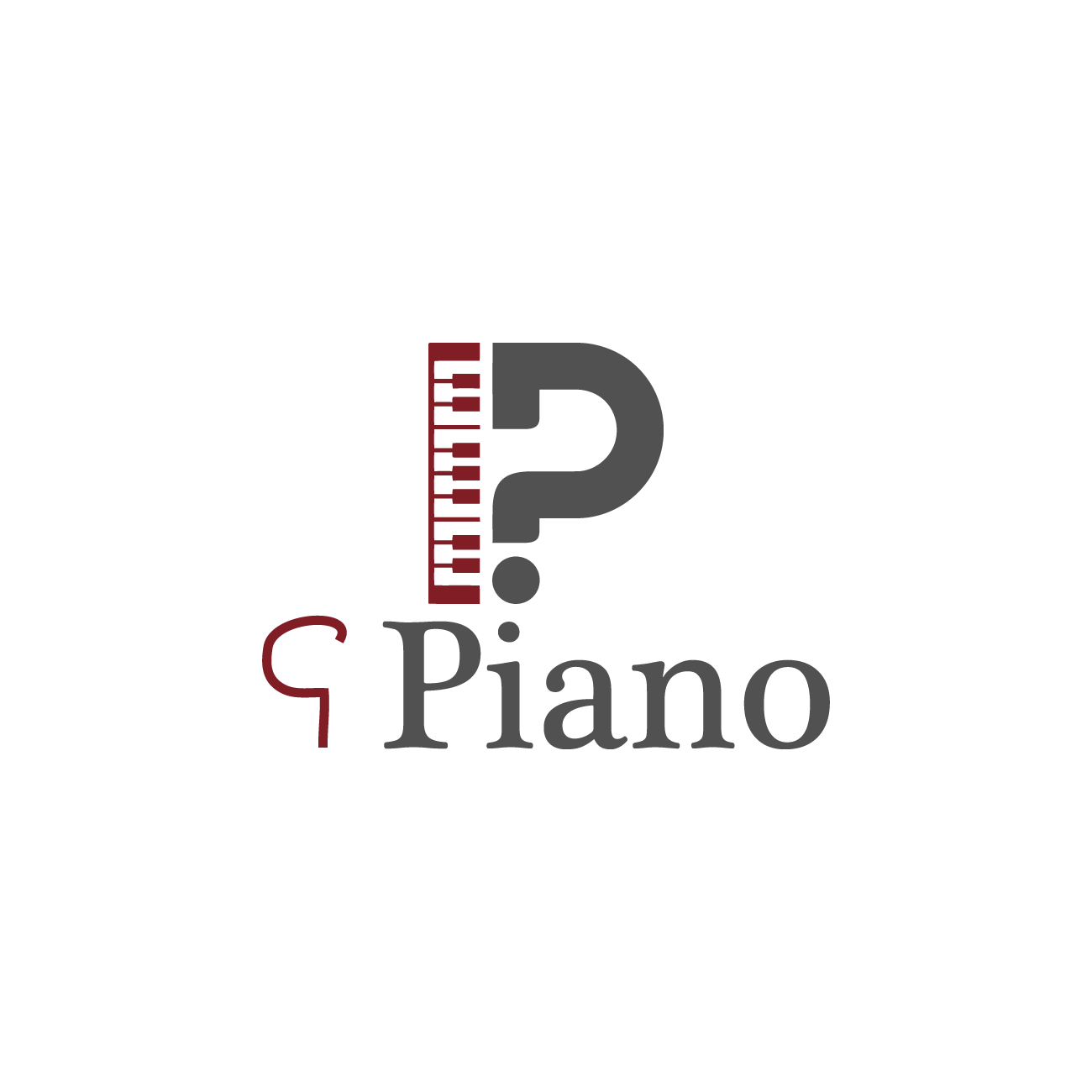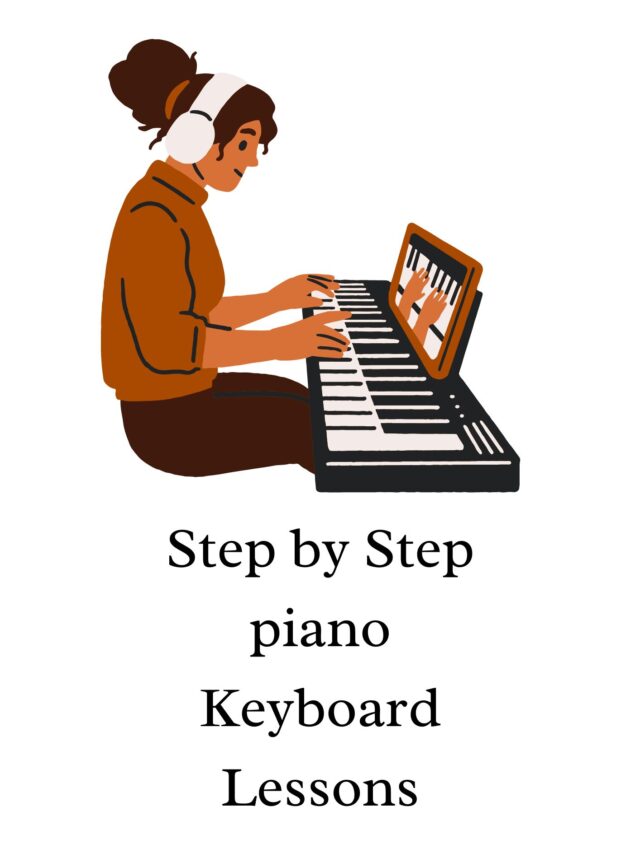Learning how to spell piano correctly is an essential first step for anyone interested in the world of music. Whether you're a beginner or simply curious about the instrument, understanding its correct spelling opens the door to a fascinating journey. The word "piano" might seem simple, but its origins and significance run deep in the history of music. By mastering the correct spelling and pronunciation, you're not only enhancing your musical knowledge but also laying the foundation for further exploration into the art of playing this beloved instrument.
For many, the piano is more than just an instrument; it's a symbol of creativity, expression, and passion. Knowing how to spell piano correctly ensures that you communicate effectively about the subject, whether in conversation, writing, or research. This article will take you on a detailed exploration of the correct spelling, its historical background, and tips for remembering it. Whether you're a music enthusiast or a student, this guide will provide you with valuable insights.
As we delve deeper into the topic of how do you spell piano, we'll uncover interesting facts about the instrument's origin, its role in music history, and why it continues to captivate audiences worldwide. By the end of this article, you'll not only know the correct spelling but also gain a deeper appreciation for the piano's significance in the world of music.
Read also:Izzy Fooks Michyna Rising Star In The Fashion Industry
Table of Contents
- The History of the Piano
- Why Spelling Matters: How Do You Spell Piano
- Origins of the Word "Piano"
- Common Mistakes in Spelling "Piano"
- Tips for Remembering the Correct Spelling
- Different Types of Pianos
- Learning to Play the Piano
- Benefits of Playing the Piano
- Famous Pianists and Their Contributions
- Maintaining Your Piano
The History of the Piano
The piano, as we know it today, has a rich and fascinating history that dates back to the early 1700s. Invented by Bartolomeo Cristofori, an Italian harpsichord maker, the piano was originally called "gravicembalo col piano e forte," which translates to "harpsichord with soft and loud." This name highlights one of the piano's most distinctive features—its ability to produce variations in volume based on how hard the keys are pressed.
Over the centuries, the piano evolved significantly, with improvements in design, materials, and sound production. By the 19th century, the piano had become a staple in homes, concert halls, and music schools worldwide. Its versatility and expressive range made it a favorite among composers, performers, and music enthusiasts alike.
Evolution of the Piano
The evolution of the piano involved contributions from various inventors and craftsmen. Innovations such as the introduction of the cast-iron frame, the development of the double and triple stringing, and advancements in keyboard mechanics transformed the instrument into the grand and upright pianos we see today.
Why Spelling Matters: How Do You Spell Piano
Knowing how do you spell piano correctly is crucial for effective communication in the music world. Whether you're writing about the piano, discussing it in academic settings, or simply sharing your passion with others, accurate spelling ensures clarity and professionalism. The correct spelling of "piano" is essential because it reflects the instrument's Italian origin, where "piano" means "soft."
While the word itself is straightforward, understanding its etymology and pronunciation adds depth to your knowledge. Pronounced as "pi-ah-no," the word is often mispronounced or misspelled, especially by those unfamiliar with its linguistic roots.
Origins of the Word "Piano"
The origins of the word "piano" trace back to its Italian roots. As mentioned earlier, "piano" means "soft" in Italian, referring to the instrument's ability to produce soft sounds. This term was paired with "forte," meaning "loud," to describe the piano's dynamic range. The full name "pianoforte" was eventually shortened to simply "piano," becoming the universally recognized term for the instrument.
Read also:Top Golf Courses Near Madison Wi A Golfers Paradise
Italian Influence on Music Terminology
Italian has significantly influenced music terminology worldwide. Many musical terms, such as "adagio," "allegro," and "staccato," originate from Italian. Understanding these terms enhances one's appreciation for the interconnectedness of language and music.
Common Mistakes in Spelling "Piano"
Despite its simplicity, the word "piano" is often misspelled. Common mistakes include "pianoo," "pianno," and "pinao." These errors typically arise from mishearing the pronunciation or misunderstanding the word's structure. To avoid such mistakes, it's important to familiarize yourself with the correct spelling and practice it regularly.
- Pianoo – Incorrect due to the extra "o."
- Pianno – Incorrect because the second "a" is missing.
- Pinao – Incorrect due to the misplaced "i."
Tips for Remembering the Correct Spelling
Remembering how do you spell piano correctly can be made easier with a few simple tips:
- Associate the word with its Italian origin and meaning ("soft").
- Break the word into syllables: pi-ah-no.
- Practice writing the word repeatedly to reinforce memory.
- Use mnemonic devices, such as "P is for Play, I is for Instrument, A is for Art, N is for Notes, O is for Octaves."
Different Types of Pianos
Pianos come in various forms, each designed for specific purposes and settings. The most common types include grand pianos, upright pianos, digital pianos, and keyboard pianos. Each type offers unique advantages and is suited to different skill levels and environments.
Grand Pianos
Grand pianos are known for their rich sound and expansive presence. They are often used in concert halls and professional settings due to their superior sound quality and aesthetic appeal.
Upright Pianos
Upright pianos are more compact and suitable for home use. They provide a balanced sound and are a popular choice for beginners and intermediate players.
Digital Pianos
Digital pianos offer the convenience of portability and versatility. They are ideal for modern musicians who require flexibility in their practice and performance environments.
Learning to Play the Piano
Learning how to play the piano is a rewarding journey that combines discipline, creativity, and passion. Whether you're a complete beginner or an experienced musician, mastering the piano requires dedication and practice. Start by familiarizing yourself with the basics, such as hand positioning, note reading, and rhythm.
Enrolling in piano lessons with a qualified instructor can significantly enhance your learning experience. Additionally, utilizing online resources and practice tools can supplement your education and help you progress more effectively.
Benefits of Playing the Piano
Playing the piano offers numerous benefits that extend beyond musical skills. It enhances cognitive abilities, improves hand-eye coordination, and promotes emotional well-being. Studies have shown that playing the piano can reduce stress, boost memory, and increase concentration levels.
Moreover, playing the piano fosters creativity and self-expression, allowing individuals to explore their artistic potential. These benefits make the piano an invaluable tool for personal and intellectual growth.
Famous Pianists and Their Contributions
Throughout history, many renowned pianists have left an indelible mark on the world of music. Names such as Ludwig van Beethoven, Frédéric Chopin, and Sergei Rachmaninoff are synonymous with excellence and innovation in piano performance. Their compositions and performances continue to inspire generations of musicians and audiences alike.
Biography of Frédéric Chopin
Biography
Frédéric François Chopin was a Polish composer and pianist born on March 1, 1810, in Żelazowa Wola, Poland. He is widely regarded as one of the greatest composers for the piano and a leading figure in the Romantic era.
| Full Name | Frédéric François Chopin |
|---|---|
| Birth Date | March 1, 1810 |
| Birthplace | Żelazowa Wola, Poland |
| Occupation | Composer and Pianist |
| Notable Works | Nocturnes, Études, Waltzes |
Maintaining Your Piano
Proper maintenance is essential for preserving the quality and longevity of your piano. Regular tuning, cleaning, and protection from environmental factors such as humidity and temperature fluctuations are crucial for maintaining optimal performance. Consulting a professional technician for periodic inspections and adjustments ensures that your piano remains in top condition.
Tips for Piano Care
Here are some tips for maintaining your piano:
- Keep your piano away from direct sunlight and heat sources.
- Use a soft, lint-free cloth to clean the keys and surface.
- Schedule professional tunings every six months.
- Avoid placing drinks or heavy objects on the piano.
Conclusion
In conclusion, knowing how do you spell piano correctly is more than just a matter of grammar; it's a gateway to understanding and appreciating one of the world's most beloved musical instruments. From its rich history and diverse types to the benefits of playing and the contributions of famous pianists, the piano continues to inspire and captivate people worldwide.
We invite you to share your thoughts and experiences in the comments below. Are there any aspects of the piano that intrigue you? Do you have tips for maintaining or learning to play this magnificent instrument? Your feedback and engagement help us create more valuable content for our community. Don't forget to explore our other articles for more insights into the world of music and beyond.


